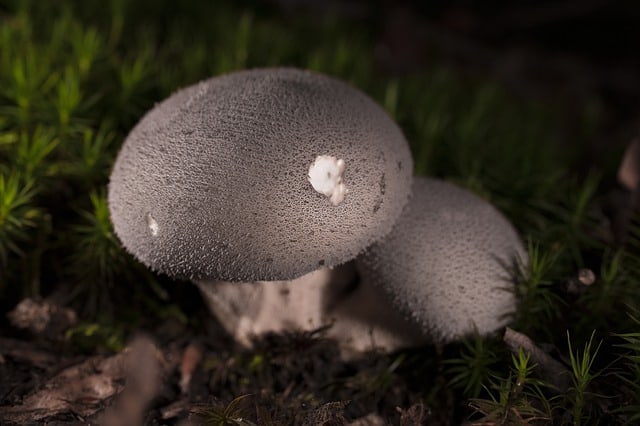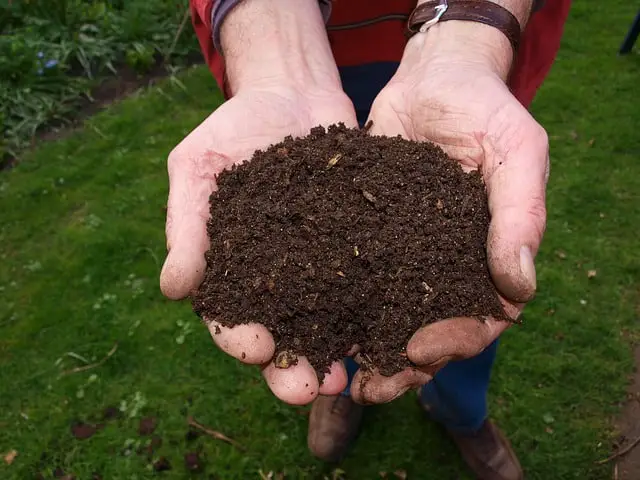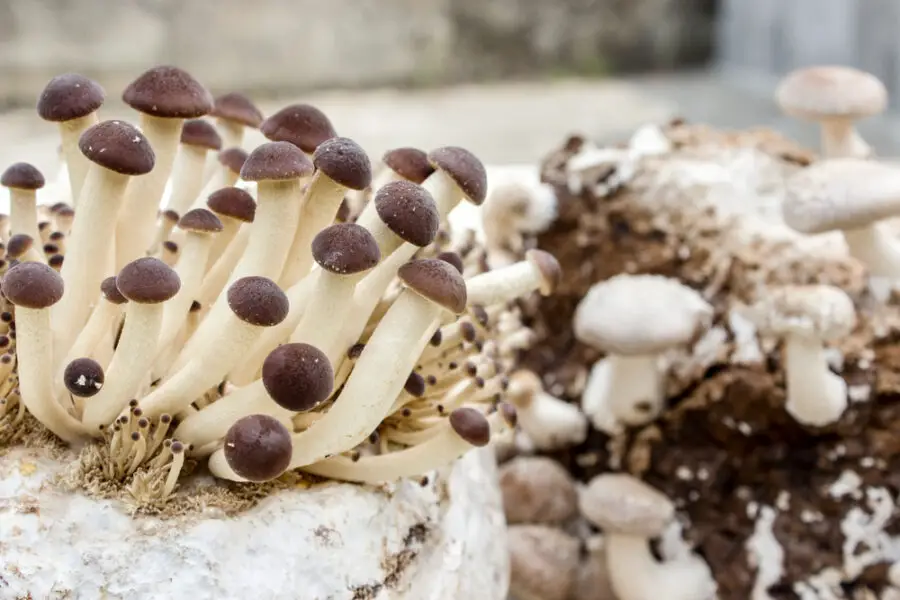Lion’s Mane is currently one of the most widely used mushrooms. For thousands of years, ayurvedic practitioners have utilized it for its wide range of benefits, including increased production of mood-regulating neurotransmitters, including dopamine and serotonin.
These neurotransmitters are known as “feel-good hormones,” so absorbing Lion’s Mane can make you feel happier. And this is only the first benefit of the mushroom. Continue reading to explore the other ways Lion’s Mane is great for your brain!
What Does Lion’s Mane Do To Your Brain?
According to animal research, lion’s mane mushroom extract promotes brain health by producing two essential compounds: brain-derived neurotrophic factor (BDNF) and nerve growth factor (NGF). These proteins encourage new cells to grow while guarding the health of existing ones.
Animal studies have also discovered that Lion’s Mane may help guard against Alzheimer’s disease, a degenerative brain illness that causes progressive memory loss.
Studies on rats have shown that the Lion’s Mane mushroom can diminish memory loss symptoms and protect neurons against amyloid-beta plaques, which build up in the brain during Alzheimer’s disease.
Does Lion’s Mane Improve Mood?
While many factors contribute to anxiety and depression, chronic inflammation may be one of them. The studies undertaken on rats proved that Lion’s Mane mushroom extract contains anti-inflammatory properties and can lessen anxiety and depression symptoms.
Other animal studies have discovered that Lion’s Mane extract can help rebuild brain cells and increase the function of the hippocampus, a brain region involved in memory processing and emotional reactions.
What Are The Other Benefits Of Lion’s Mane?
Lion’s Mane also possesses anti-inflammatory, antioxidant, and immune-boosting properties, and animal studies have demonstrated its power in reducing the risk of heart disease, cancer, ulcers, and diabetes.
How Does Lion’s Mane Make You Feel?
Lion’s Mane is a potent anti-inflammatory. This can provide your brain with calm and relaxing feelings. It’s important to note that Lion’s Mane may help some people with minor symptoms, but a doctor should treat clinical anxiety and depression.
People who consume Lion’s Mane describe it in various ways. One comments that their brain feels like a dusty mirror, and when they eat the Lion’s Mane, it clears the dust away.
While Lion’s Mane can make you relaxed, you should not expect to feel a “buzz” or feel high.
Does Lion’s Mane Help With Brain Fog?
Lion’s Mane can increase your focus and concentration along with your written and spoken abilities.
According to several experts, if you wish to improve your sleep, Lion’s Mane mushroom can help. And good night’s sleep can significantly increase cognitive ability.
How Long Does It Take For Lion’s Mane To Work?
Most medicinal mushrooms, including Lion’s Mane mushrooms, require two weeks to work and produce the intended results.
Take your mushroom extracts and powders regularly, as they’ll take some time to settle into your system and get to work.
This is how many herbal supplements work. If you believe they aren’t working, don’t become disheartened and stop taking them. Give it a month at the very least. If you’re still not convinced, stop using them for a week and observe how you feel.
Many people don’t realize how much Lion’s Mane extract and medicinal mushrooms improved their health until they stop using them, just like antidepressants.
Will Lion’s Mane Make Me Smarter?
Over time, your brain naturally slows down. Memory loss and lack of attention are indicators of aging caused by elements in your nervous system, such as shrinking neurons and damaged brain cells.
By producing NGF and BDNF, Lion’s Mane provides proteins that promote the growth of new cells while also bolstering the health of existing ones.
NGF is also involved in the formation of myelin, the protective sheath that surrounds nerve cells and aids brain cell function, while BDNF enhances resilience by increasing brain plasticity.
What Time Of Day Should You Take Lion’s Mane?
When it comes to mushrooms, some extracts, such as cordyceps, may keep you awake if taken at night.
People recommend you take Lion’s Mane mushroom powder in the morning or early afternoon, so the caffeine doesn’t keep you up at night.
Mushroom coffee is popular among many people. Not only does mushroom coffee taste fantastic, but it can also help you build a pattern, making it easier to remember to take your mushroom extract every day.
Who Should Not Take Lion’s Mane?
Long-term usage of Lion’s Mane supplements is unknown, as are the risks and adverse effects.
However, some people with allergies and asthma are concerned that Lion’s Mane will aggravate their symptoms. If you have a history of allergies, asthma, or any other medical issue, it’s crucial to see your doctor before taking Lion’s Mane or any other supplement.
Does Lion’s Mane Mushroom Get You High?
No. Lion’s Mane is not psychoactive and will not make you high. It is, nevertheless, a fascinating supplement for increasing your everyday cognition.
Is It Safe To Take Lion’s Mane Every day?
Always consult a doctor or medical practitioner before introducing new supplements to your diet. Also, refer back to them if you experience any negative reactions or adverse side effects.
Examples have shown that doses of 250mg to 750mg per day can be effective. But, as everyone has different reactions, it’s a good idea to set a two-week period, in which you put one scoop of Lion’s Mane powder mix into your tea or coffee once a day.
If it works for you, you’ll be able to add a second scoop if and when necessary. But if you experience any adverse side effects, you can stop immediately.
Is Lion’s Mane A Nootropic?
You can ingest a nootropic drug, supplement, or other substance to improve cognitive function and mental capacity.
Two of the current most popular nootropic substances are Bacopa Monnieri and Lion’s Mane Mushroom. They’ve acquired popularity as a result of promising scientific research that supports their use as brain enhancers. Based on this weight of scientific evidence, these two natural nootropics are among the most remarkable brain supplements available today.
The Lion’s Mane Mushroom is a nootropic substance with a unique feature that permits your brain to heal. And promotes the synthesis and release of the Nerve Growth Factor, which aids in brain repair and supports brain plasticity to improve learning.
Lion’s Mane Mushroom’s broad spectrum extract provides brain support, unlike any other natural extract or medicine.


